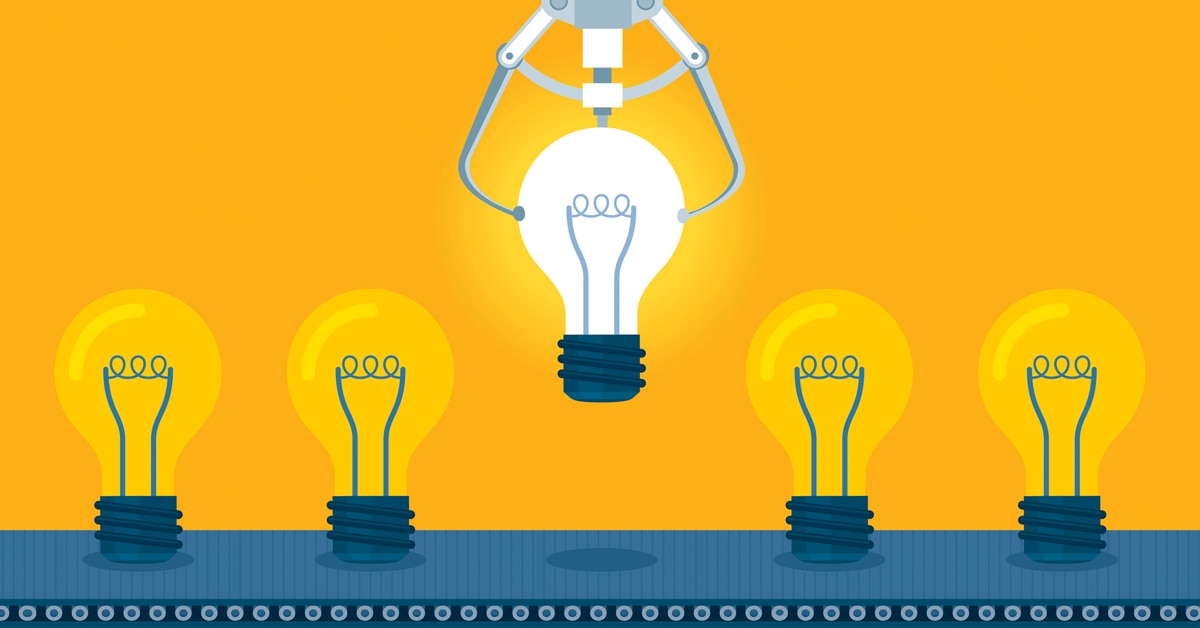
The world is powered by technology today. We all know that. In business, technology, used skillfully, increases the value your IT department brings to the business—and your IT help desk. Not surprisingly, so does the quality of your IT help desk’s knowledge base (KB) and your technicians’ skill sets.
The IT help desk plays an integral role in how a company completes projects and impacts the bottom line, particularly when customer complaints are involved. The trend, more and more, is to use automation and help desk software that encourages customers to take on some of the more common problems for themselves, freeing up IT to handle high-level technical difficulties.
“Support departments have always been overworked. They can make life easier for themselves by implementing self-service customer support—as long as they don’t take things too far,” says Danny Bradbury, writing for ComputerWeekly.com.
End users are becoming increasingly self-sufficient, thanks to the KBs in help desk tools. Fixing problems fast is what gives the most productive businesses the edge. And while a solid knowledge base that end users can access is a start, your technicians should continually work to increase their skill sets so they can provide the solutions when answers are out of reach for end users. Let’s explore why your knowledge base is so important and what you can do ensure that your technicians skill set moves to the next level.
Refine Your Skill Set
The natural question becomes, “What skills should IT specialists work on to be most useful?” This is a tricky question to answer because technology advances more quickly with each passing year. Each industry has unique considerations. When refining your knowledge base, keep a few questions in the back of your mind:
- What issues can employees now resolve on their own?
- What current technologies do employees struggle with? For example, BYOD and the Internet of things (IoT) can still cause confusion without a centralized company policy.
- What are your colleagues’ specialties?
The last point deserves some elaboration. While it’s good to diversify your department’s offerings as much as possible, it can also be beneficial to have some cross training within the department. If for example, your department only has one expert in an industry-specific piece of technology, what happens when they go on vacation? If they become ill? If they leave the company? Let the answer guide your decision.
Get Started
Assessing your answers to the questions above will help guide you to broaden your own skill sets and to provide direction for the techs in your help desk department. Remember to pay attention to current trends in the workplace, and those that are forecast to be strong in the coming year. Gartner has predicted three overarching themes in the digital landscape of tomorrow: intelligence, digital, and mesh. Having an overview of each can prepare your technicians for what is coming next.
Intelligence
In the coming year, Artificial Intelligence (AI) will continue to build its role in daily business operations, and we don’t mean in a Hollywood movie sort of way. Advanced machine learning will make our businesses more efficient. Chatbots will help customers through common inquiries using natural language processing and deep learning, while predictive technologies will help pinpoint fraud.
Intelligent apps will also be popular. Virtual assistants will help workers with menial tasks like sorting through and prioritizing emails. Lastly, intelligent objects like drones and autonomous vehicles will usher in the next wave of IoT.
Digital
The term “digital” is a bit broad, and we’ve been in the midst of digital transformation for some time now. Digital is still trending (and evolving) as the lines between our physical, and digital worlds continue to blur. Virtual and augmented reality will become more commonplace in business, as companies leverage this technology to conduct training and create immersive customer experiences.
Also, gaining traction in 2017 is the notion of the digital twin. “A digital twin is a dynamic software model of a physical thing or system that relies on sensor data to understand its state, respond to changes, improve operations and add value,” according to Gartner. The research firm predicts that within the next three to five years, there will be billions of these digital twins, which will be used to create simulations and improve business operations.
Mesh
Lastly, the digital mesh that binds us all will continue to weave an intricate web. The concept of mesh refers to the idea that our people, processes, and products can combine through intelligent digital systems. The evolution of the mesh will fundamentally change the user experience, both for employees and customers. Adaptive security architecture for businesses is an example of what we can expect in just a few short years.
There are plenty of opportunities for IT help desk teams to further develop their skill sets. Innovations in technology surround us, which not only encourage productivity, but drive further experimentation, development, and investment in technology to build the future of business. KBs help end users navigate common problems—but there are always more on the horizon. Encourage your teams to broaden their skill sets to be prepared for whatever happens next.
SolarWinds Help Desk Essentials Pack – Free Trial
Empower your help desk or IT support team with the tools to get their job done. Download a free trial of SolarWinds® Help Desk Essentials Pack, a two-in-one combination of SolarWinds® Web Help Desk® and DameWare® Remote Support.
Leave a Reply